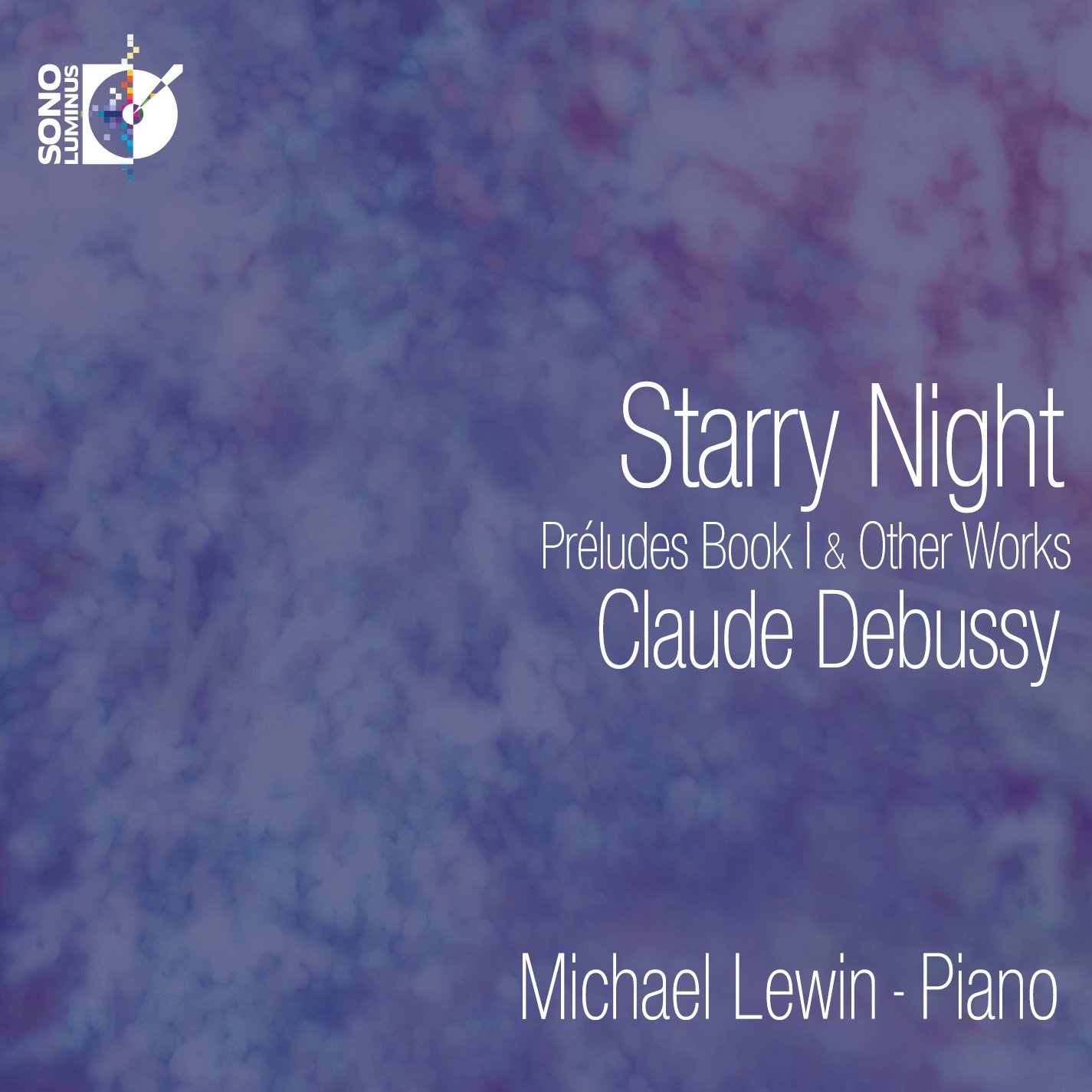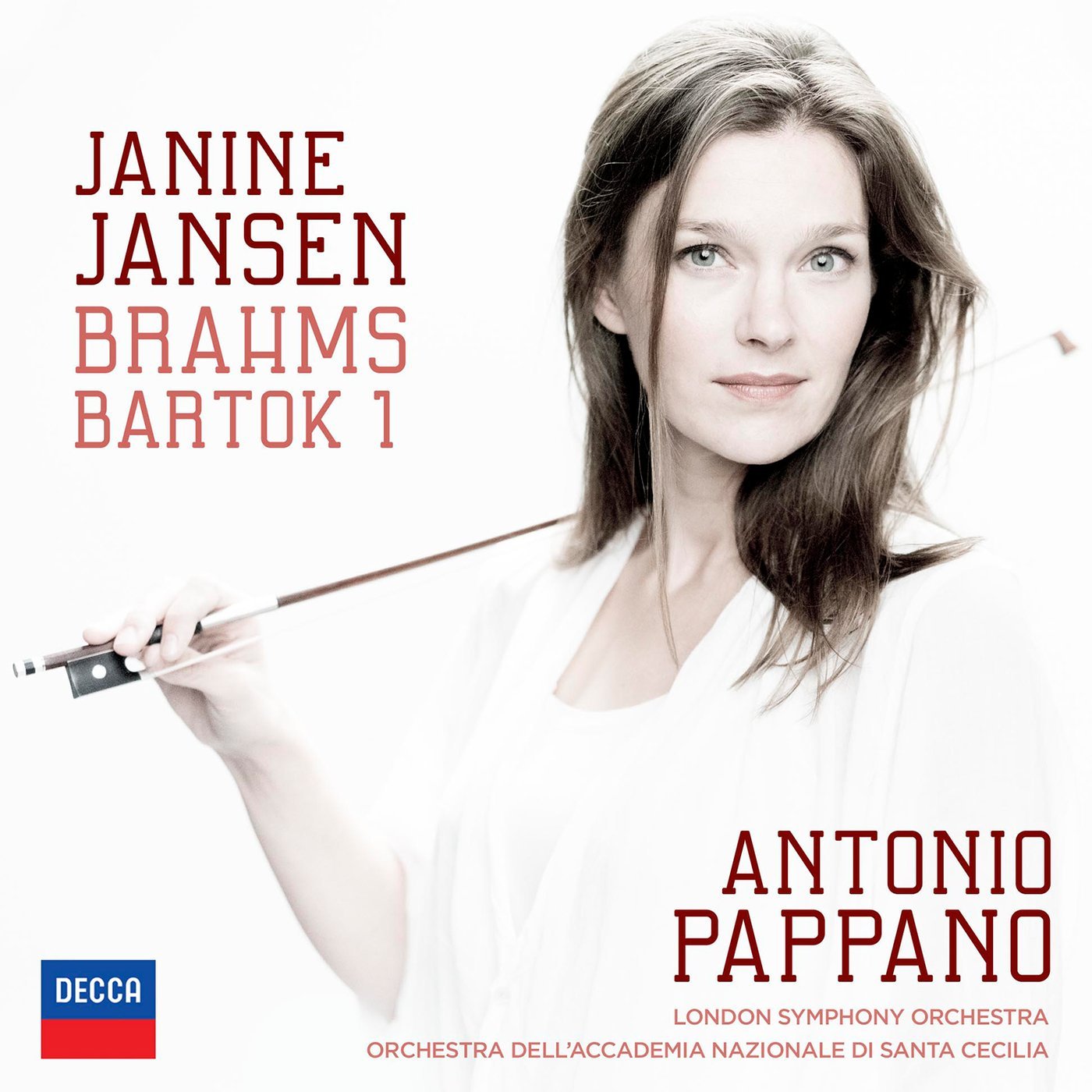All three Grieg violin sonatas in a single recital may seem like too much of a good thing. The similarities between them outweigh the differences, which are more of quality than intent. But, when heard in chronological order, they provide a fascinating précis of Grieg’s artistic development, from the youthful and cheerfully unsophisticated First, through the terser and more tightly argued Second, to the Third, the composer’s undisputed masterpiece in the genre.

With Andris Nelsons now moved to pastures new, the City of Birmingham Symphony Orchestra is without a chief conductor, so for this performance in Saffron Walden (repeating a programme given in Birmingham) it worked with a guest at the podium, the young Israeli Lahav Shani. At only 27, he’s something of a prodigy, winner of the prestigious Bamberg competition and now making his debut appearances with the world’s great orchestras.

In recent performances of the First Symphony under Markus Stenz and the Seventh under Jaap van Zweden, the LPO have burnished their credentials as London’s best Beethoven orchestra. With the low-key oversight of Vladimir Jurowski, they took the Sixth to another level, perhaps the level at which the twentysomething tyro Berlioz heard the symphony and said, "I must write that for myself". And with the Symphonie fantastique, he did.

 Debussy: Starry Night – Préludes Book 1 and Other Works Michael Lewin (piano) (Sono Luminus)
Debussy: Starry Night – Préludes Book 1 and Other Works Michael Lewin (piano) (Sono Luminus)

The French composer Henri Dutilleux would have been 100 last Friday if he had lived that long, which in fact he very nearly did; he was 97 when he died in 2013. Five years before that he had been awarded an honorary doctorate at Cardiff University, amid pomp and ceremony and performances of several of his works.

Risk-taking is what gives so many of Vladimir Jurowski's concerts with the London Philharmonic Orchestra their special savour. But did two risks for last night's programme pay off? I was as excited as many Russians and hardcore Russophiles at the rare visit of legendary 73-year-old cellist Natalia Gutman, and it could only be interesting to hear the little-heard, hour-long first version of Bruckner's Third Symphony. But interesting, with a few flashes of inspiration, was as far as it went in both cases.

Vaughan Williams’s A Sea Symphony, premiered in 1909, is from perhaps the last era in which pieces readily found favour with both critics and audiences alike. It launched Vaughan Williams’s reputation as a major national figure at the age of 38, and has become a favourite of choral societies ever since. But looking beyond its status as a choral warhorse, how does it hold up more than a century after it was written?
It was another Davis, the late Colin rather than the very alive Andrew, who used to be master of Berlioz's phenomenally inventive opera for orchestra with its novel explanatory prologue and epilogue. I like to think he'd have been looking down fascinated by last night's very different miracle of pace, clarity and ideal blend of instrumental and vocal song.

 Brahms: Violin Concerto, Bartók: Violin Concerto No 1 Janine Jansen (violin) Orchestra dell'Accademia Nazionale di Santa Cecilia, London Symphony Orchestra/Antonio Pappano (Decca)
Brahms: Violin Concerto, Bartók: Violin Concerto No 1 Janine Jansen (violin) Orchestra dell'Accademia Nazionale di Santa Cecilia, London Symphony Orchestra/Antonio Pappano (Decca)

Haydn, Mozart and Beethoven: it’s a while since I have heard the Scottish Chamber Orchestra play such an essentially classical programme on its home turf, the Queen’s Hall in Edinburgh. Recent reviews have focused on concerts in the much more capacious Usher Hall, where this intrepid orchestra has pushed at the boundaries of its natural repertoire with an ongoing Brahms cycle and even a Mahler symphony.

